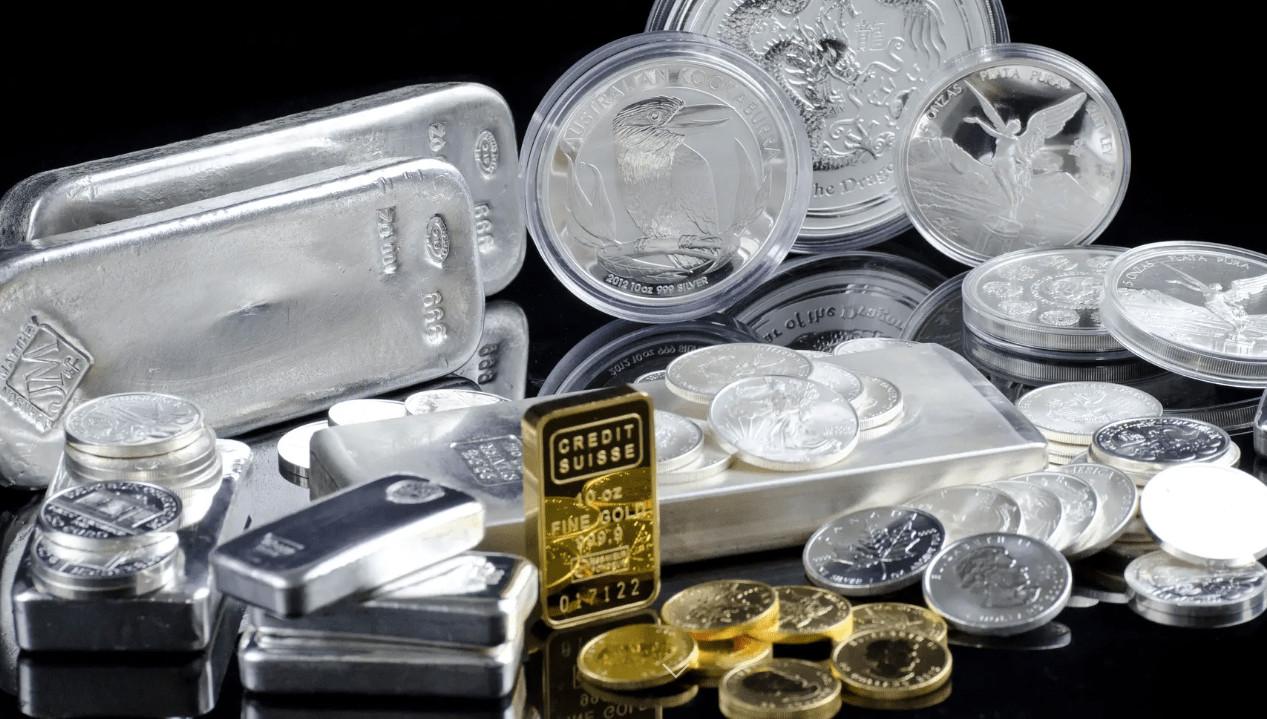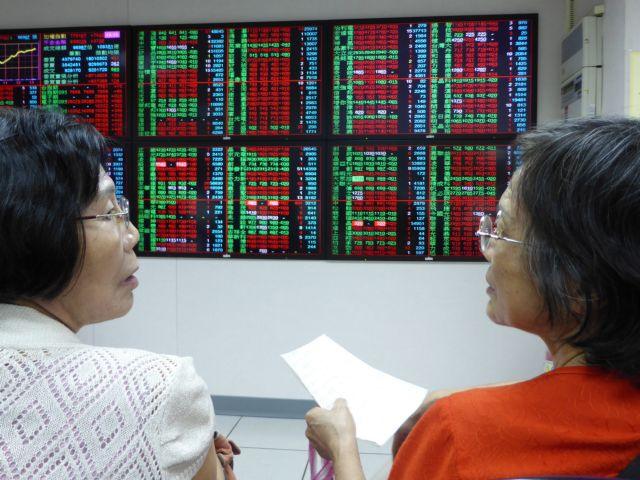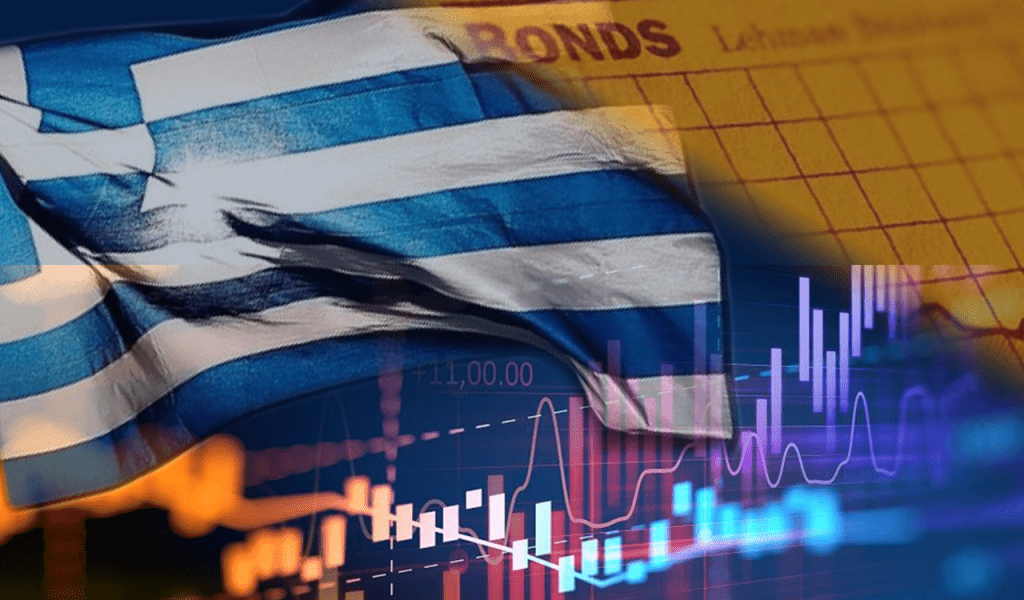Christos Zerefos, Secretary of the Academy of Athens and National Representative of Greece on Climate Change, speaking to APE-MPE noted that fires are a global phenomenon, related to the climate crisis, affecting even the most unlikely of places, such as Siberia, because of the decrease in the relative humidity of the soil worldwide due to the increase in temperature, but also the decrease in precipitation. Drought makes all ecosystems more vulnerable to fire. These conditions increase all extreme weather phenomena and especially fires. Mr. Zerefos noted that because of this a pan-European solution is needed to deal with the phenomenon.
In fact, the distinguished professor recalled that the former European Commissioner and current Minister of Climate Crisis and Civil Protection Christos Stylianidis had submitted such a proposal to the EU in the past. Although this proposal did not pan out at the time, it is time to re-table it, and there is a need for the EU to formulate a robust and coherent policy towards dealing with and adapting to the consequences of the climate crisis. Mr Zerefos emphasized the need for Renewable Energy Sources to permeate European solutions for its independence from fossil fuels.
The cost of not adapting to the effects of the climate crisis
While, he announced that the updated version of the Bank of Greece’s report (he heads the committee that prepares the report) – on the costs in case Greece does not adapt to the effects of the climate crisis, notes that these are going to far exceed 700 billion euros by the end of century. However, he expressed optimism that Greece will begin to adjust more quickly.
“If Greek politicians and scientists unite, leaving rivalries and envy aside, Greece can play a leading role on a pan-European level in the specific issues,” he said.
Regarding the recent fires Greece experienced, Mr. Zerefos, whose home in Drafi was also affected by the fire, noted the successful and timely warning sent through the “112” emergency warning service, speaking of an important step forward compared to the past. Mr. Zerefos, however, pointed out that the corresponding steps have not been taken at the level of prevention.
Stricter penalties for arson
In addition, Mr. Zerefos stressed that vigilance is required from all citizens in order to arrest arsonists, but there is also the need to tighten the penalties for arson. In fact, he suggested that monetary rewards be posted for arsonists, but also the establishment of a prize for those citizens who manage to actively contribute to the prevention and putting out of fires.
As Mr. Zerefos said, this year we may have had many fires, but they were extinguished more quickly and without casualties. The fire department did an excellent job and should be given an award, but also the police who contributed to the lack of victims. He also praised the excellent cooperation of ground crews and aerial fire fighting forces.
Data made public by Mr. Zerefos:
In Greece, the temperature is increasing rapidly, especially during the summer season, with the increase exceeding 2.5 degrees Celsius in the last 100 years.
The average annual temperature in the Mediterranean has increased by about 1.5 degrees Celsius over the last hundred years. It is expected to further increase by 3-5 degrees Celsius by 2100. Whereas, the increase is expected to be greater during the summer months.
In addition, the average rainfall during the rainy season in the Mediterranean has decreased by about 15% over the last 100 years. And it is expected to continue to decline by up to 15 – 30% in the southernmost parts of the Mediterranean until the end of the century.
In particular, in Greece, the average temperature is expected to increase to corresponding values with the rest of the Mediterranean by 2100. While, the average rainfall during the rainy season in Greece is expected to continue to decrease by up to 15 – 30% in the southernmost parts of Greece by 2100.
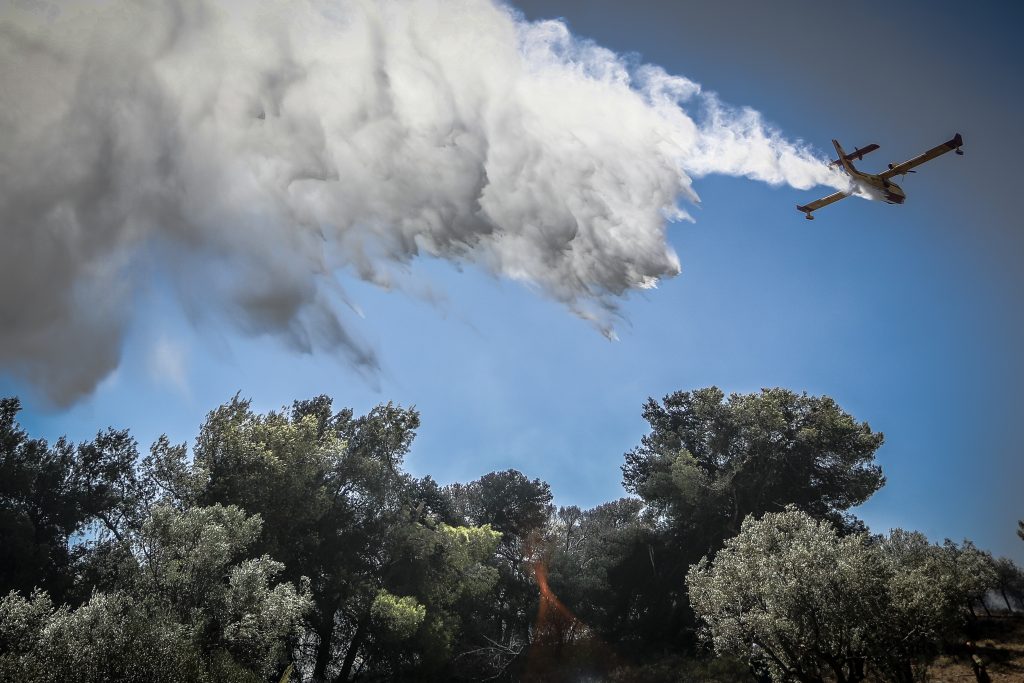



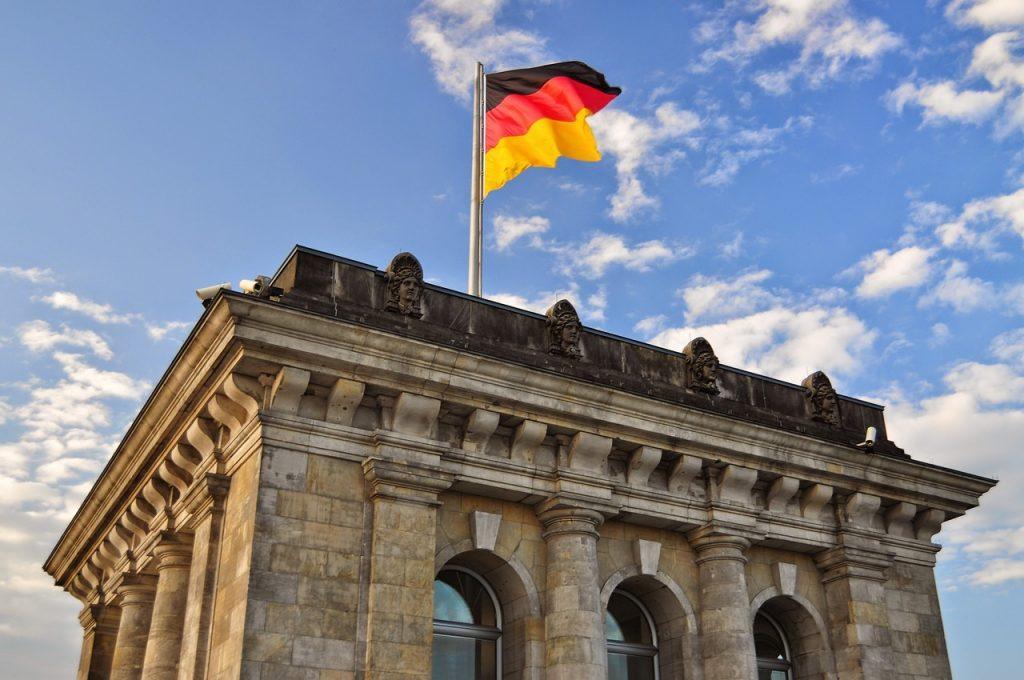




![Φόροι: Ποιες φορολογικές εκκρεμότητες λήγουν το 2025 [πίνακας]](https://www.ot.gr/wp-content/uploads/2025/12/taxes-740202_1280-300x300.jpg)

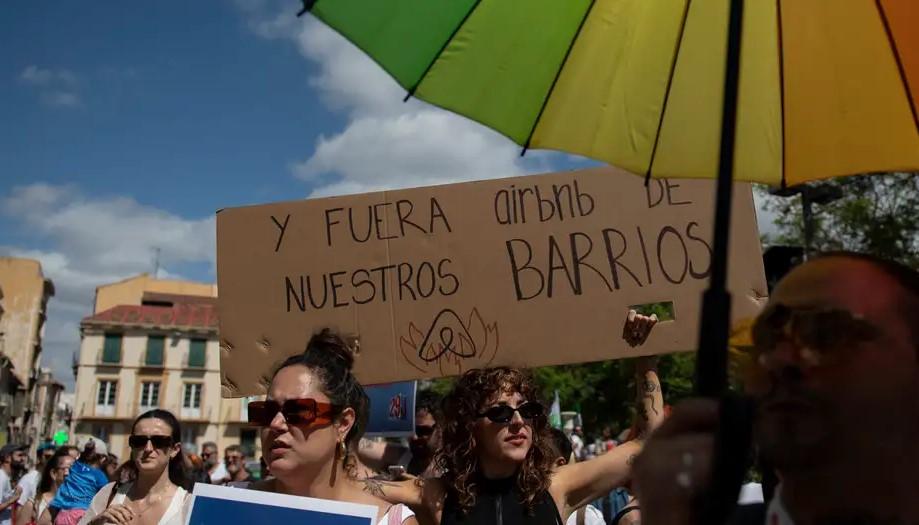

![Χρυσή λίρα: Έσπασε το φράγμα των 1.000 ευρώ [πίνακας]](https://www.ot.gr/wp-content/uploads/2025/12/lires_xryses_2020.jpg)

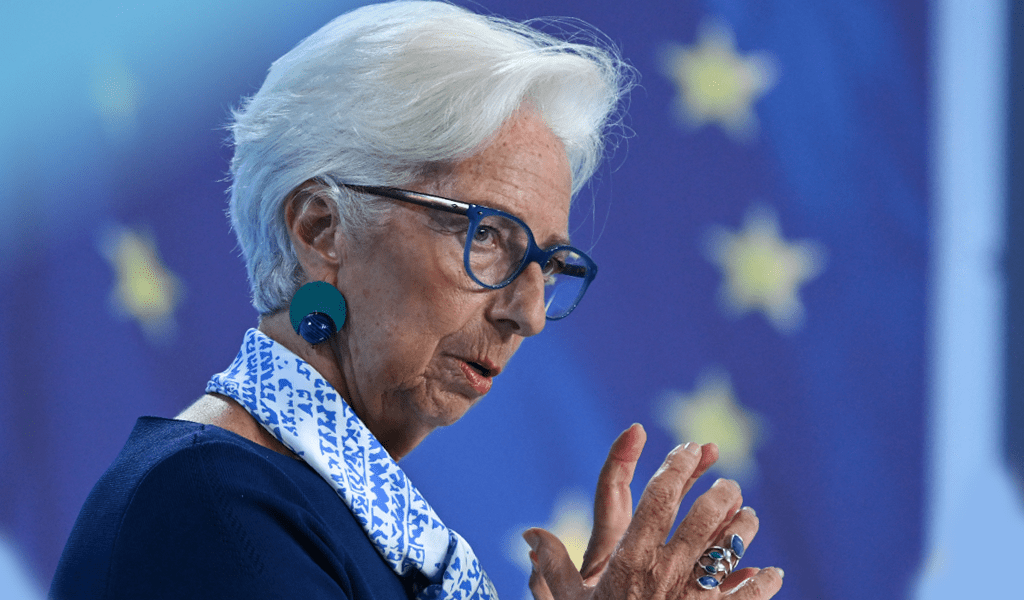


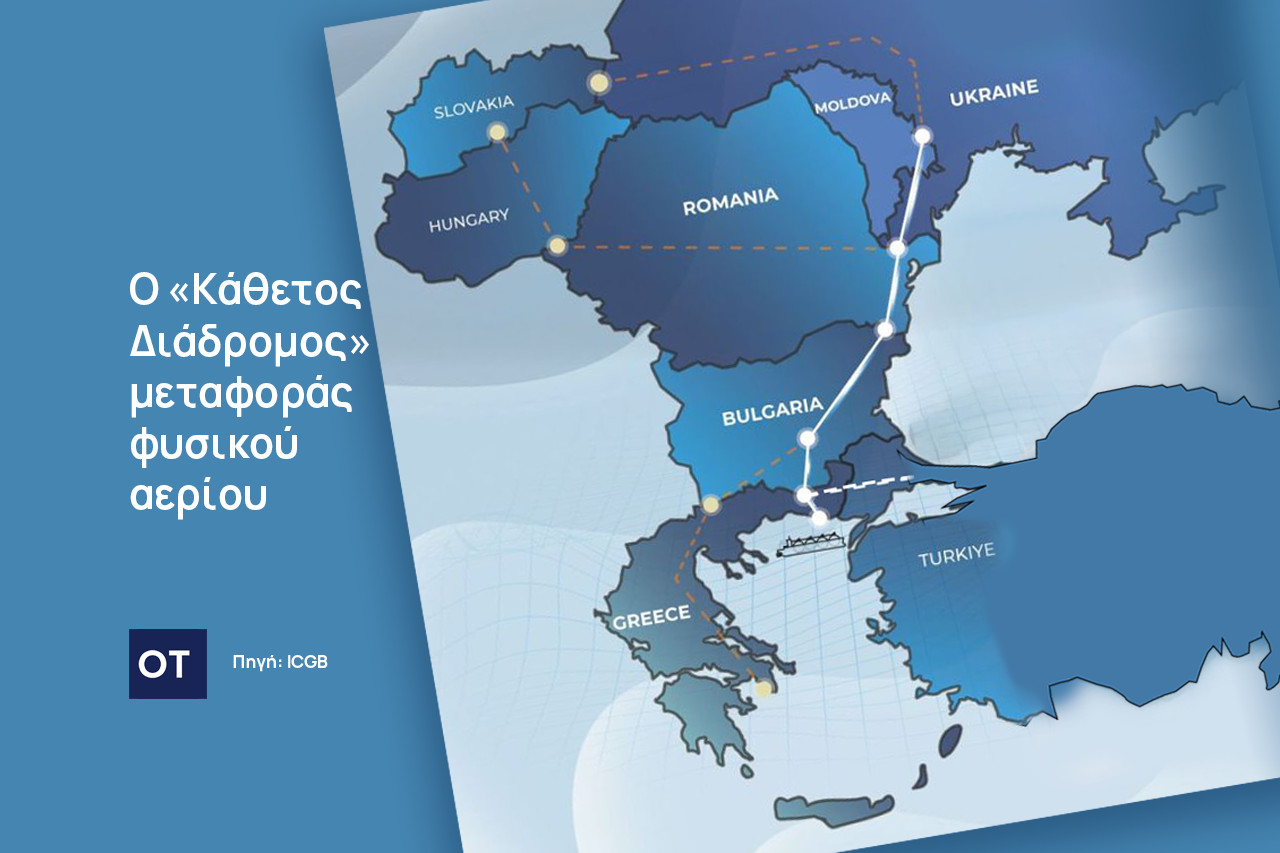








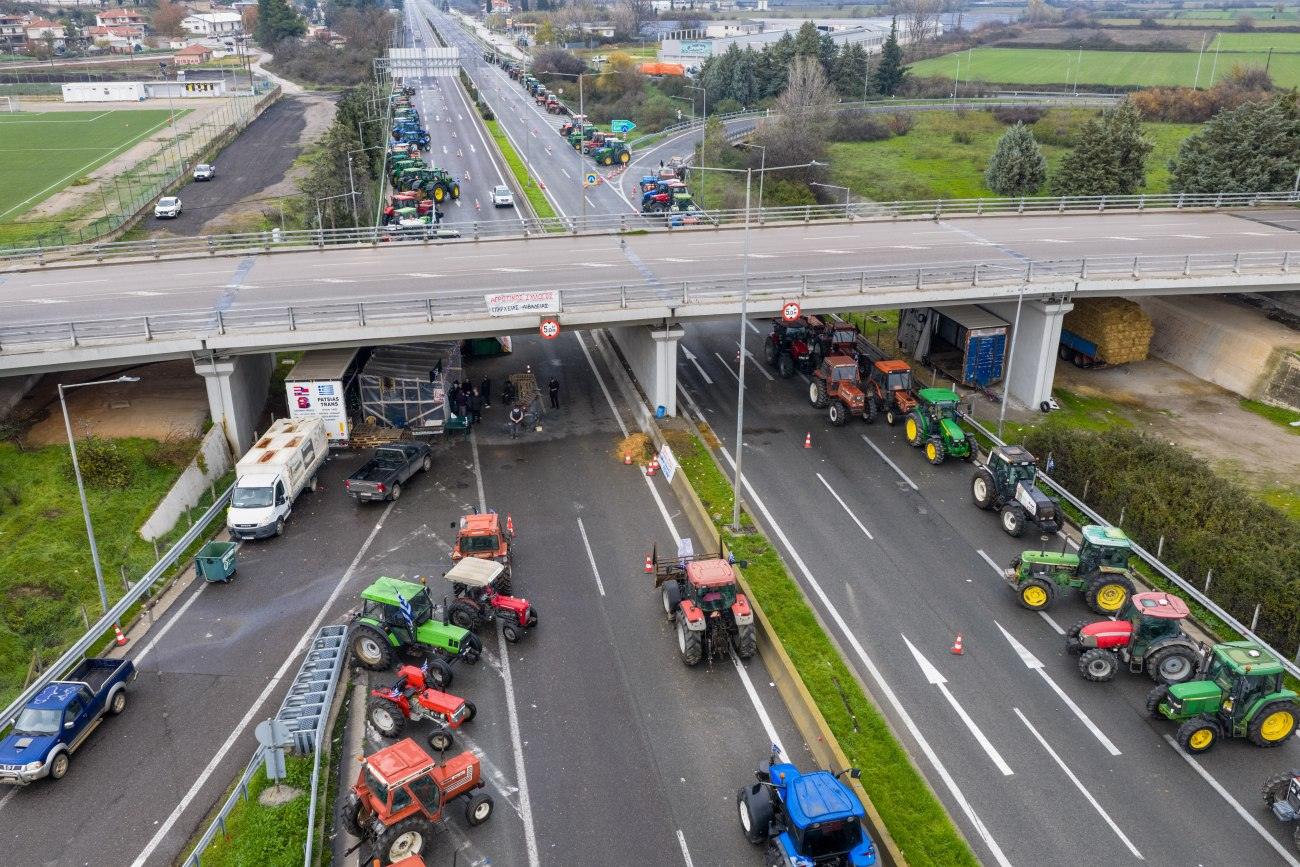

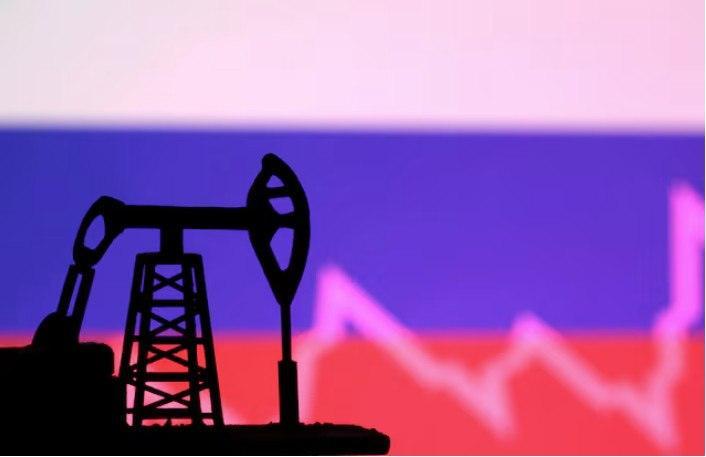
![Φόροι: Ποιες φορολογικές εκκρεμότητες λήγουν το 2025 [πίνακας]](https://www.ot.gr/wp-content/uploads/2025/12/taxes-740202_1280.jpg)


